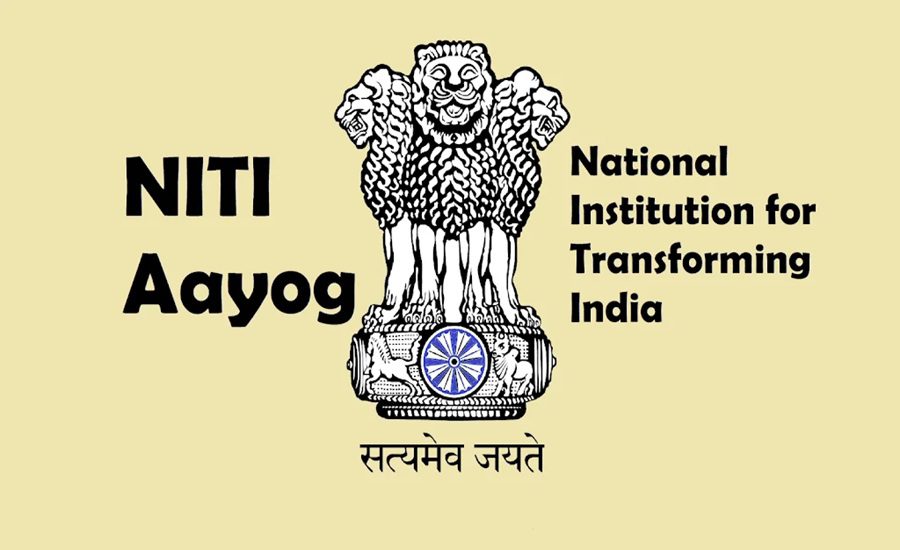New Delhi: In a visionary step towards inclusive growth, NITI Aayog has proposed a new national mission—‘Mission Digital ShramSetu’—aimed at making Artificial Intelligence (AI) and other frontier technologies accessible, affordable, and impactful for India’s 490 million informal workers.
Outlined in its latest report titled ‘AI for Inclusive Societal Development’, the Aayog emphasized the urgent need to build a collaborative ecosystem that will leverage AI, blockchain, immersive learning, and emerging digital tools to overcome long-standing structural challenges such as financial insecurity, limited skilling, lack of market access, and social protection.
Bridging the Digital Divide in the Informal Economy
The proposed mission envisions the creation of tools and platforms that will enable informal workers to enhance their skills, boost productivity, and access dignified employment opportunities. According to the report, these technologies—when applied inclusively—can become equalisers that lift millions from the margins into the mainstream of India’s growth narrative.
“Mission Digital ShramSetu will empower India’s informal sector by embedding technology into the very fabric of livelihood creation,” said the report, underlining the need for digital skilling aligned with the national skilling agenda.
Urgent Need for Collaborative Action
The Aayog strongly cautioned against inaction, pointing out that if India continues on its current development trajectory, the average annual income of informal workers will remain stagnant at USD 6,000 by 2047, far below the USD 14,500 benchmark required for India to achieve high-income status. The report underscored the “high cost of delay” in not addressing the digital and economic divide affecting the informal sector.
NITI Aayog CEO B.V.R. Subrahmanyam stressed the critical role of coordinated partnerships, stating,
“If we are serious about transforming the lives of India’s 490 million informal workers, collaboration is not optional — it is non-negotiable. Only by uniting government, industry, academia, and civil society can we ensure that this mission delivers not just technology adoption, but real, lasting empowerment.”
Tackling Systemic Barriers
The report identified four deep-rooted barriers that hinder inclusive growth in the informal economy:
- Lack of trust in institutions and systems
- Limited access and usability of government and private services
- Low awareness and digital skills among workers
- Outdated tools and processes that reduce efficiency and adaptability
Through Mission Digital ShramSetu, NITI Aayog aims to address these systemic issues by building an inclusive digital infrastructure backed by human intent, policy alignment, and cross-sector collaboration.
A Step Towards Viksit Bharat 2047
The report positions Mission Digital ShramSetu as a cornerstone in achieving the vision of Viksit Bharat 2047—a fully developed, equitable India. It notes that AI must not remain the preserve of the privileged few, but be democratized to serve those who need it the most—the informal workforce, who contribute significantly to the nation’s economic backbone.
“Only then can AI serve as a true equaliser,” the report notes, “turning India’s demographic dividend into a global advantage.”





























